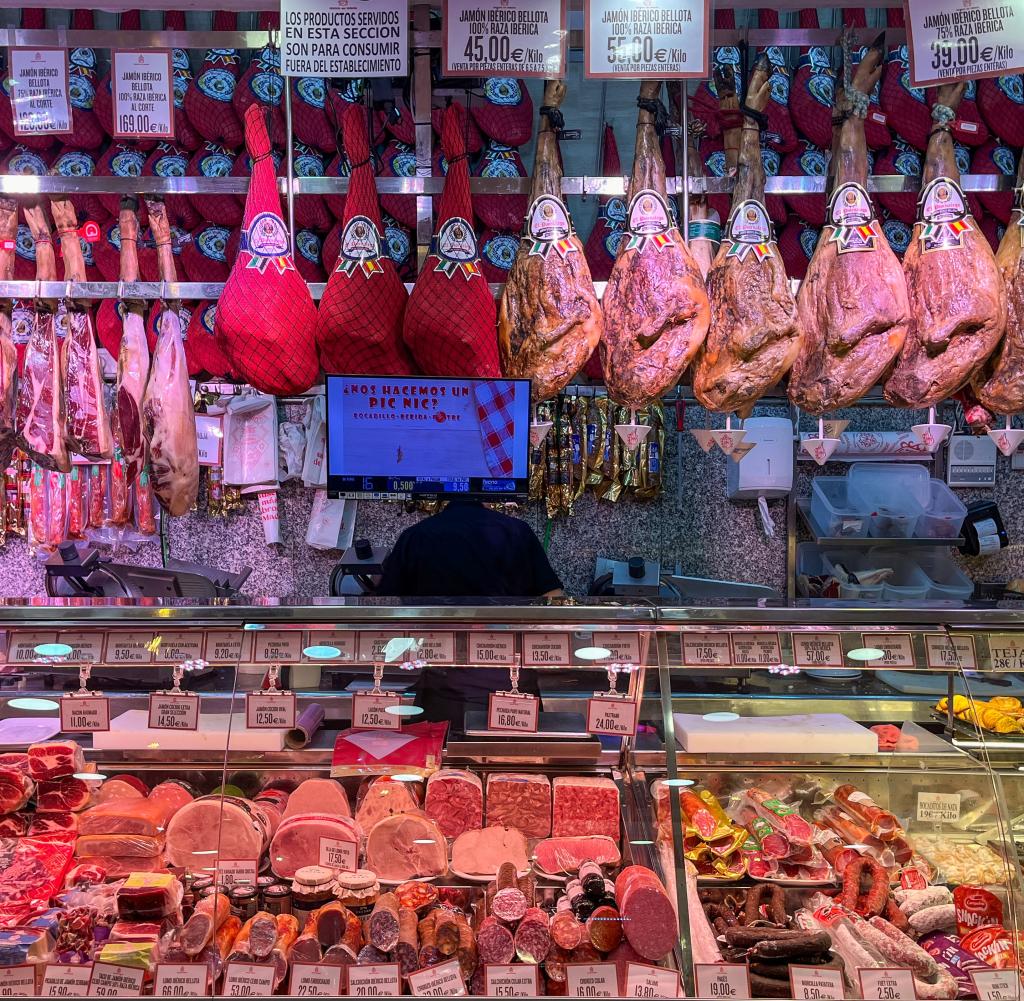China is threatening the EU with a restriction on pork imports. Beijing announced on Monday an anti-dumping investigation into imported products from the European Union. The investigation is also aimed at by-products, the Ministry of Commerce announced in Beijing on Monday.
The move is seen as a response to the EU Commission announcing plans last week to impose punitive tariffs of up to 38 percent on imports of Chinese electric vehicles. In an anti-dumping investigation, the EU Commission concluded that China is gaining a competitive advantage through state subsidies for Chinese electric car manufacturers.
The EU announced on Monday that it reserves the right to take legal action against the Chinese investigation. The EU will follow the process very closely in consultation with industry and member states, said a spokesman for the responsible EU Commission in Brussels. And if necessary, it will also intervene to ensure that the investigation fully complies with all relevant rules of the World Trade Organization (WTO).
The Chinese Ministry of Commerce had previously stated that its investigation mainly affected products intended for human consumption. The authority cited fresh and frozen pork and slaughterhouse offal as examples.
According to Chinese customs, China imported pork worth 23.2 billion yuan (just under three billion euros) last year. Much of this comes from the EU. According to data from Brussels, EU companies exported pork products worth around 2.5 billion euros to China in 2023.
The largest EU exporter is Spain: the country delivered over 560,000 tonnes worth 1.2 billion euros to China in 2023, according to industry association Interporc.
This is not China’s first investigation into European products. In January, the Ministry of Commerce announced an investigation into cognac and brandy from the EU. This mainly affected French manufacturers.
Experts had already expected a counter-reaction from China after the EU’s announcement of punitive tariffs. However, Beijing will not impose tariffs on EU products that it still needs, said Jacob Gunter from the Berlin-based Merics institute. “These include machines, high-quality industrial goods, chemicals, medical technology and other products.” Large European car manufacturers could therefore be spared because, according to Gunter, they invest heavily in China, create jobs, pay taxes and contribute to growth.
According to Gunter, the targets are likely to be agricultural, food and beverage products that Chinese consumers can do without or that Chinese producers themselves produce in sufficient quantities – such as pork.




